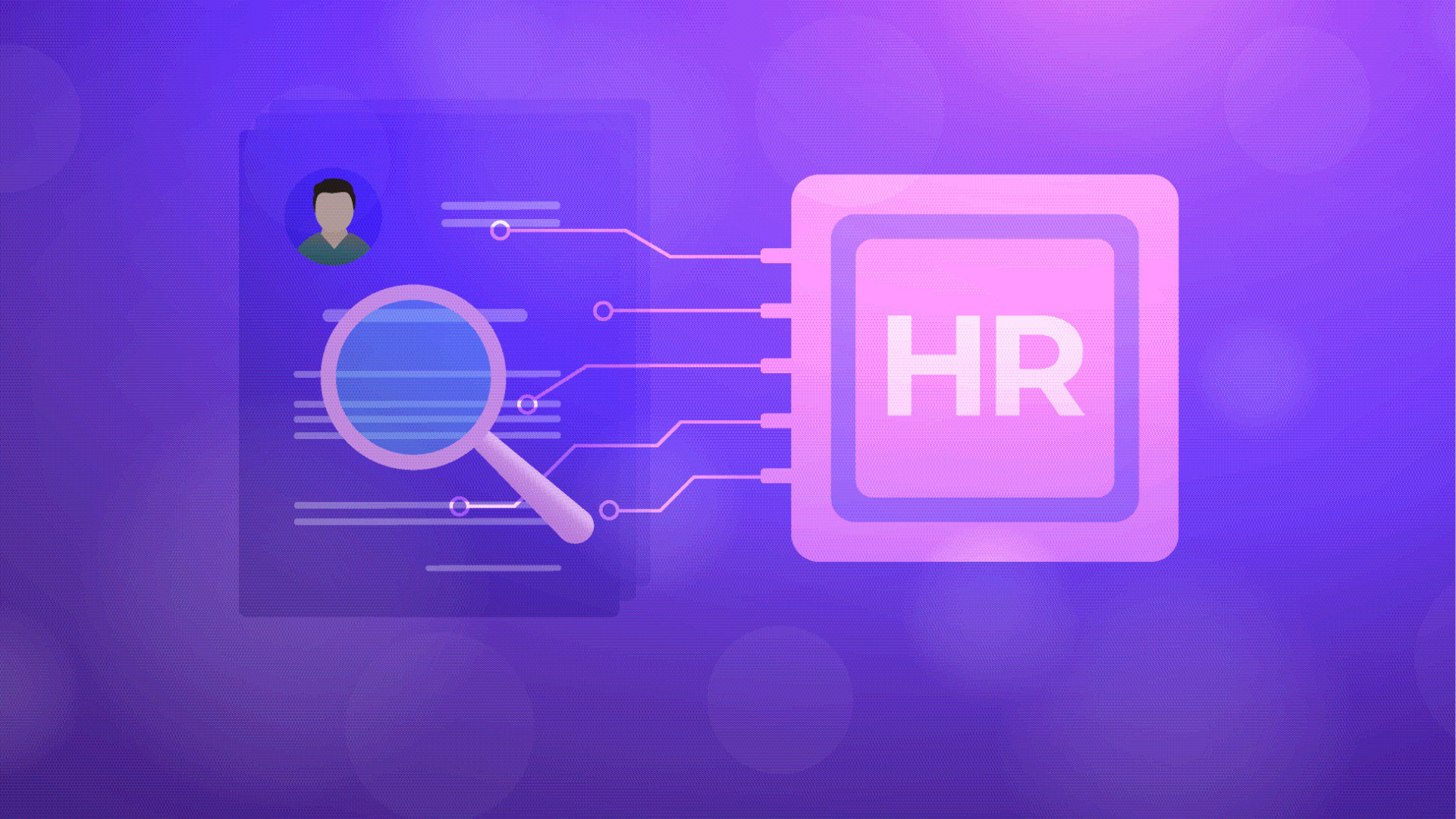Some companies are turning to AI to help sift through stacks of resumes. The idea is to flag anything unusual: overlapping roles, questionable credentials, or formatting that doesn’t fit expected norms. From a distance, that might seem like a smart solution—especially if you’re reviewing hundreds of applications a week.
But here’s the thing we’ve learned in 50 years of recruitment in Toronto: context matters. A gap on a resume might reflect a personal health journey or an international move. An unusual job title might come from a startup with a flat structure. These are things no algorithm can fully grasp—because they require human understanding, not just pattern recognition.
Still, that hasn’t stopped technology from trying. One of AI’s fastest-growing roles in recruitment today? Fraud detection.
How AI Helps Detect Resume Fraud
As job seekers become more comfortable using AI tools to polish their applications, employers face a growing risk of résumé fraud—ranging from inflated job titles to AI-generated experience summaries. AI recruitment tools can now detect inconsistencies across submitted applications by analyzing:
- Overlapping or improbable employment dates
- Inconsistencies between a resume and a LinkedIn profile
- Repetitive or overly polished phrasing common with generative AI tools
- Unusual formatting patterns or metadata discrepancies in submitted documents
Some systems even compare application language to known AI-written text to flag potential misrepresentation.
While these technologies help employers and recruitment agencies reduce the risk of fraudulent hires, they also require a careful balance. Without human review, you risk disqualifying candidates with legitimate—but unconventional—career paths. That’s why we recommend using AI as an aid, not a gatekeeper.
AI Interviews: Helpful or Harmful?
We’ve also started seeing AI-powered interviews being used to pre-screen candidates. These tools analyze how someone speaks, what words they use, even their facial expressions. Supposedly, they can help hiring managers make quicker decisions about who to move forward.
But from where we stand, these systems raise some red flags of their own. How does tone get interpreted across cultures? How do you account for neurodiverse communication styles? It’s hard to imagine a software program doing justice to the richness of human interaction.
According to the Canadian Civil Liberties Association, there are legitimate concerns around bias and transparency in AI hiring systems. In many cases, applicants don’t even know they’re being scored by a machine.
Why Some Employers Are Embracing AI—And What to Watch For
We get why AI tools are gaining traction. Hiring teams are stretched thin, and automation promises to help streamline decision-making. For large employers or global companies dealing with thousands of applications, AI offers a way to flag potential fraud, assess basic qualifications, or rank candidates based on predefined traits.
But hiring isn’t a formula. And as a Toronto recruitment agency, we’ve seen how rigid systems can overlook promising candidates simply because they don’t fit a predefined template. People don’t always follow linear career paths—and frankly, we believe that’s often a strength.
What’s more, we’re hearing concerns about how AI makes those calls. According to an Issue Sheet on AI and Employment by the Office of the Privacy Commissioner of Canada, employers are increasingly using AI for staffing—and that comes with growing privacy and bias considerations.
The Risk of Missing the Right Fit
AI can spot keywords. It can assess surface-level data. But it can’t measure grit, curiosity, or emotional intelligence—the things that often make someone truly stand out.
We once worked with a candidate whose resume was full of contract roles and career shifts. On paper, it might’ve looked inconsistent. But after a conversation, we realized she’d been the stabilizing force in multiple startups, helping them grow through rapid change. She got hired—and she’s still with that company today.
That’s the kind of story a system might skip. And it’s one reason we think human judgment still belongs at the heart of hiring. As a long-standing staffing agency in Toronto, we value intuition just as much as data.
How Employers Can Use AI Responsibly
We understand the pressure employers are under. Time is tight, roles are competitive, and decision fatigue is real. AI tools promise speed and consistency—but those advantages come with a cost if you’re not careful. From our perspective, responsible use starts with clarity: knowing exactly what the tool is assessing, and why.
Are you using AI to evaluate writing fluency, or to flag potential resume inconsistencies? That’s fine, as long as there’s a human review step that follows. What’s risky is using an AI-generated score as the final word—especially when candidates don’t know what they’re being scored on.
We’ve spoken with hiring managers who’ve had strong candidates filtered out automatically, only to revisit those resumes later and realize the tool got it wrong. AI is best used as a supplement, not a substitute. And if you’re working with a staffing agency in Toronto, that human oversight is built in.
Final Thoughts: Balancing Efficiency with Empathy
We’re not anti-technology. In fact, we use plenty of tools to help manage candidate data, streamline communication, and match roles faster. But we believe there’s a difference between using tech to assist—and using it to replace—the human part of hiring.
AI can help with volume. It can offer early-stage filtering. But choosing the right person for the job? That still takes real conversation, curiosity, and a little gut instinct.
At TDS Personnel, we’ve built our reputation on long-term relationships, not algorithms. If you’re hiring and want support that puts people first—or if you’re a candidate who’s tired of being misread by machines—we’d love to hear from you.




